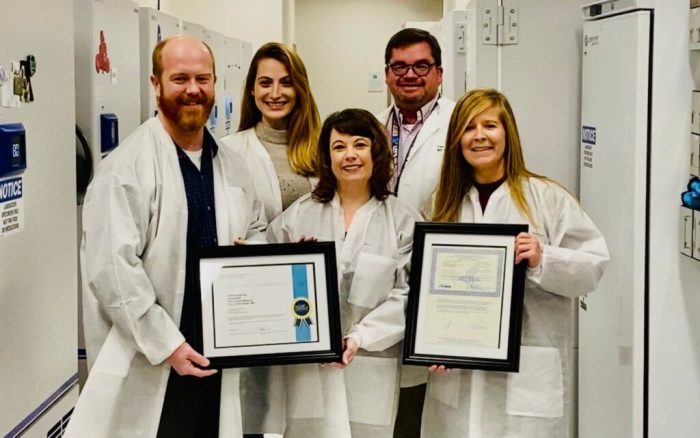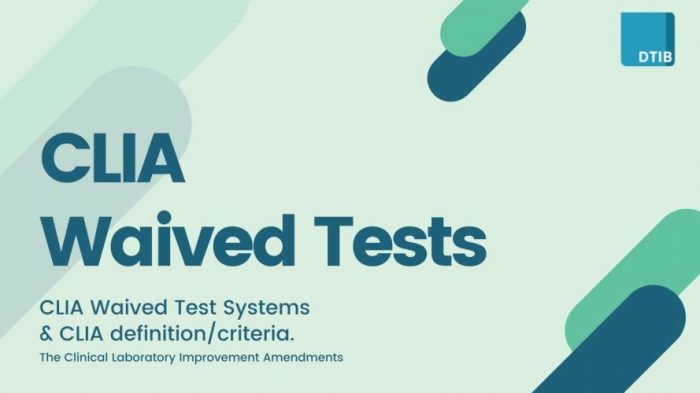What federal agency regulates phlebotomy certifications? The answer lies within the intricate tapestry of healthcare regulations, where multiple entities play crucial roles in ensuring the quality and standardization of phlebotomy practices. This article delves into the complexities of federal oversight, exploring the responsibilities of various agencies and the impact of their regulations on the field of phlebotomy.
The Centers for Medicare & Medicaid Services (CMS), the Clinical Laboratory Improvement Amendments (CLIA), and the Department of Health and Human Services (HHS) are the primary federal agencies involved in regulating phlebotomy certifications. Their collective efforts establish comprehensive standards for training, certification, and compliance, ensuring the safety and accuracy of blood collection procedures.
Federal Agencies Involved in Phlebotomy Certification

Federal agencies play a crucial role in regulating and standardizing phlebotomy certification practices to ensure the quality and consistency of phlebotomy services. These agencies include:
Centers for Medicare & Medicaid Services (CMS)
CMS is responsible for establishing and enforcing regulations for clinical laboratory services, including phlebotomy. CMS sets minimum standards for phlebotomy training and certification programs, ensuring that phlebotomists possess the necessary skills and knowledge to perform phlebotomy procedures safely and effectively.
Clinical Laboratory Improvement Amendments (CLIA)
CLIA establishes quality standards for clinical laboratories and their personnel, including phlebotomists. CLIA regulations specify the training and experience requirements for phlebotomists, as well as the quality control measures that laboratories must implement to ensure the accuracy and reliability of phlebotomy services.
Department of Health and Human Services (HHS), What federal agency regulates phlebotomy certifications
HHS oversees the implementation and enforcement of CLIA regulations and provides guidance to clinical laboratories on phlebotomy certification practices. HHS also collaborates with other federal agencies, such as CMS, to ensure that phlebotomy certification programs meet the highest standards of quality.
Scope of Federal Regulation

Federal regulations for phlebotomy certifications cover a comprehensive range of areas, including:
- Minimum education and training requirements for phlebotomists
- Certification standards and guidelines for phlebotomy training programs
- Quality control measures for phlebotomy procedures
- Continuing education requirements for phlebotomists
- Enforcement mechanisms to ensure compliance with regulations
These regulations aim to ensure that phlebotomists are adequately trained and certified to perform phlebotomy procedures safely and effectively, contributing to the quality and reliability of laboratory testing results.
Certification Process and Standards: What Federal Agency Regulates Phlebotomy Certifications

The process for obtaining phlebotomy certification under federal regulations involves:
- Completing an accredited phlebotomy training program that meets CMS and CLIA standards
- Passing a national certification exam administered by an approved organization
- Maintaining certification through continuing education and professional development
National certification organizations, such as the American Society for Clinical Pathology (ASCP) and the National Phlebotomy Association (NPA), play a vital role in developing and maintaining phlebotomy certification standards, ensuring the consistency and quality of phlebotomy services.
Compliance and Enforcement

Federal agencies use various mechanisms to ensure compliance with phlebotomy certification regulations, including:
- Regular inspections of clinical laboratories to verify compliance with CLIA standards
- Audits of phlebotomy training programs to ensure they meet accreditation requirements
- Investigations of complaints and reports of non-compliance
- Enforcement actions, such as fines or suspension of certification, for individuals or organizations violating regulations
These enforcement mechanisms help maintain the integrity of phlebotomy certification and ensure that phlebotomists are practicing in accordance with established standards, contributing to patient safety and the reliability of laboratory testing.
Helpful Answers
Which federal agency is primarily responsible for regulating phlebotomy certifications?
The Centers for Medicare & Medicaid Services (CMS) is the primary federal agency responsible for regulating phlebotomy certifications.
What is the role of CLIA in phlebotomy certification?
CLIA establishes standards for phlebotomy certification programs, ensuring the quality and consistency of training and certification practices.
How does HHS contribute to the regulation of phlebotomy certifications?
HHS oversees phlebotomy certification practices, ensuring compliance with federal regulations and promoting the safety and accuracy of blood collection procedures.